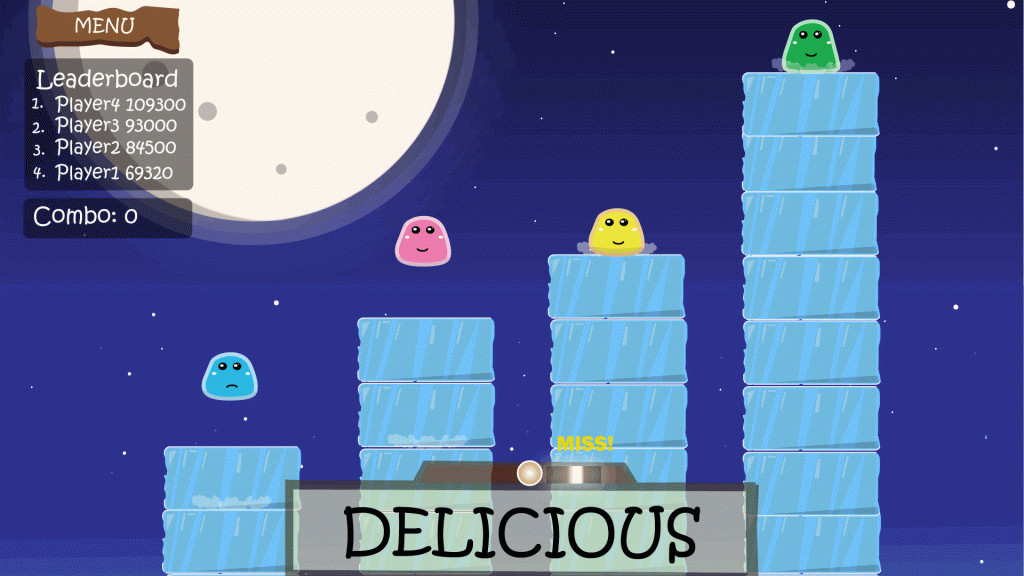SpaceKey: Exploring patterns in spatial databases for property searching
The demand for property is steadily rising with the significant market size of real estates across the world. Looking at the existing property searching applications, they only provide simple filtering functionalities about the properties, such as price, size, etc. However, in reality, users might have some complex requirements about the surroundings of their desired properties. To deal with this unsatisfied demand, we choose to facilitate an advanced query type – Spatial Pattern Matching (SPM), which is a new type of spatial group keyword query raised in recent research. Led by our supervisor, Dr. Reynold C. K. Cheng, its solutions have been well-discussed in theory. In our project, we want to fit these theories in this real-life scenario by resolving practical issues, as well as realizing some additional functionalities related to property searching. In the end, we have developed a standalone web-based application to demonstrate the importance and practicality of this newly proposed functionality.










